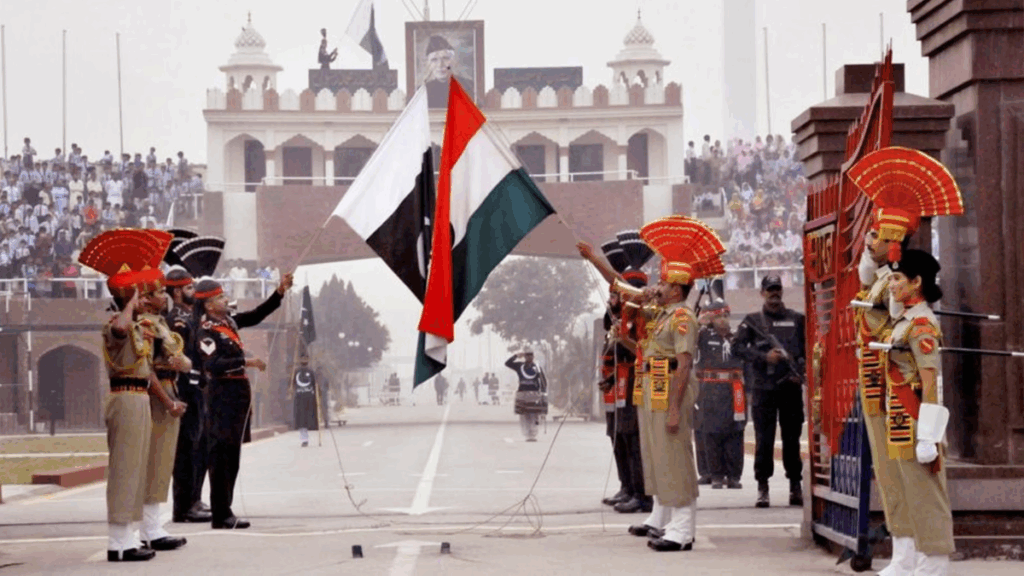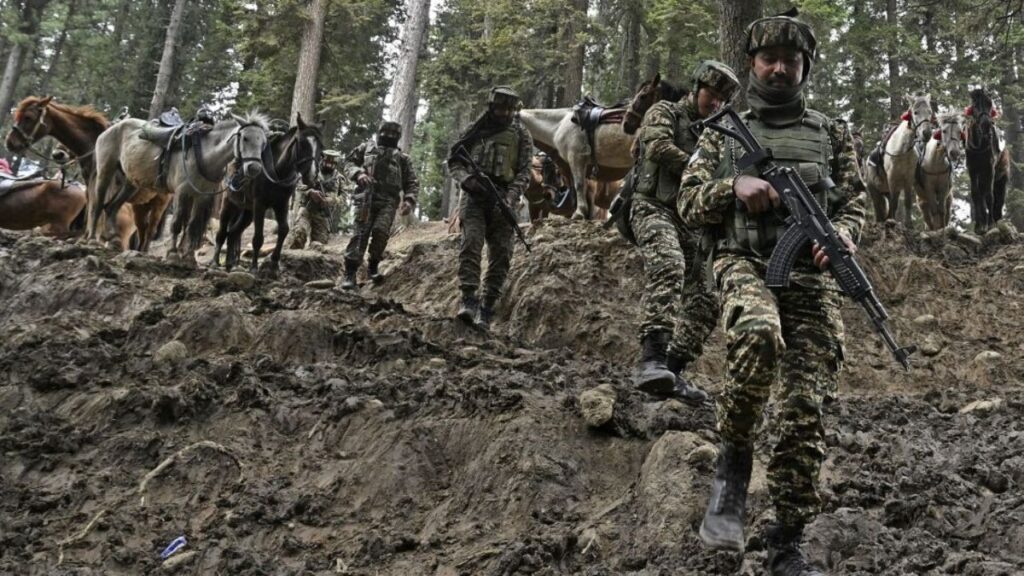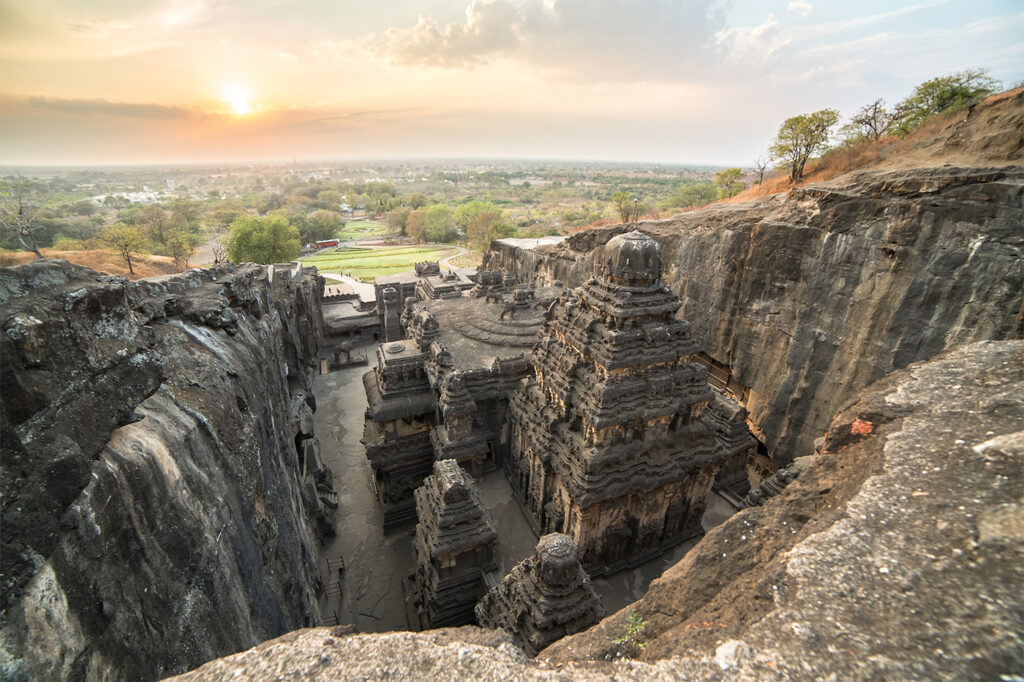
What is Attari-Wagah flag-lowering ceremony? Story of India-Pakistan border event
India has announced that the flag-lowering ceremony also known as the ‘Beating Retreat‘ ceremony will take place at the borders as usual but the gates between India and Pakistan will not be opened. India’s action is a part of series of measures taken by New Delhi in the aftermath of terror attack in pahalgam’s Baisaran valley that killed at least 27 people.
So if you are visiting Amritsar and you want to witness the the ceremony at the Attari-Wagah border, you won’t see the gates opening and the handshake between Indian and Pakistani soldiers.
#WATCH | Amritsar, Punjab | The Flag-lowering ceremony at the Attari-Wagah integrated checkpost was held without opening the gates.
In the wake of the horrific #PahalgamTerroristAttack, the government of India has decided to close the integrated checkpost Attari with immediate… pic.twitter.com/Y4j6YfzbLd
— ANI (@ANI) April 24, 2025
What is flag-lowering or Beating Retreat ceremony?
The flag-lowering or ‘Beating Retreat’ ceremony happens everyday two hours before sunset at the Attari-Wagah border. It is conducted by the Border Security Force of India (BSF) and Pakistan Rangers and was organised for the first time in 1959.
The ceremony is marked by colorful and dramatic military show, battle calls from both sides, followed by a parade featuring high kicks, stomps and military moves. Follwing the high-pitched nationalistic show, the iron gates between the two neighbouring countries are opened and flags of both the countries are lowered simultaneously. The flags are then folded. BSF jawan from the Indian side and Pakistan Rangers from the Pakistani side shake hands as the retreat ceremony is concluded. The gates are then closed. The ceremony symbolises brotherhood as well as rivalry between the two nations.
As per some reports, the aggresive aspect of the parade were toned down in 2010 and the two nuclear-armed neighbours decided to insert a handshake with a smile in an attempt for symbolise peace. BSF jawans and Pakistani soldiers at the border also share sweets in festivals like Diwali and Eid.
In 2019, the ceremony was cancelled when Pakistan captured Wing Commander Abhinandan Varthaman in the aftermath of Balakot Air Strike. In 2016 after the Uri attack, the ‘Beating Retreat’ ceremony was not halted but sweets were not shared at the border during festivals.
The Attari-Wagah border crossing is located on the Grand Trunk road. The Indian side lies in the Attari village of Amritsar district of Punjab. The Pakistani side is in Wagah village of Lahore district. Similar retreat ceremonies also take place at Ganda Singh Wala/Hussainiwala border crossing and Mahavir/Sadqi International Parade Ground border crossing – both in Punjab. India has announced scaling down of events in these borders as well.
Attari check post is India’s first land port and the only land route that allows trade with Pakistan. It serves as a vital conduit for trade and connectivity between the two countries.
Pahalgam terror attack: Pakistan’s response and India’s action
India “put in abeyance” the Indus Water Treaty, downgraded diplomatic ties with Pakistan, expelled its diplomats and called back Indian officials from Islamabad and closed Attari border. The Resistance Front (TRF), an offshoot of the banned Pakistan-based terror outfit Lashkar-e-Taiba (LeT), claimed responsibility for the horrific terror attack. The J&K police released sketches of the terrorists and announced a reward of Rs 20 lakhs for those who give any information about them.
Indian Prime Minister Narendra Modi while addressing a public rally in Bihar on Thursday (Apr 24) said, “I say to the whole world. India will identify, track and punish every terrorist and their backers. We will pursue them to the ends of the earth.”
Pakistan, in its first response, said that they had “nothing to do” with the attack but did not condemn the attack either. Theneighbouring country claimed that the attack was a reaction by those who opposed the Indian government. Notably, Pakistan did not condemn the attack. Moreover, in a tit-for-tat move, Pakistan announced reciprocal action against India similar to the action taken by New Delhi and warned of ending the Simla Agreement.





Responses